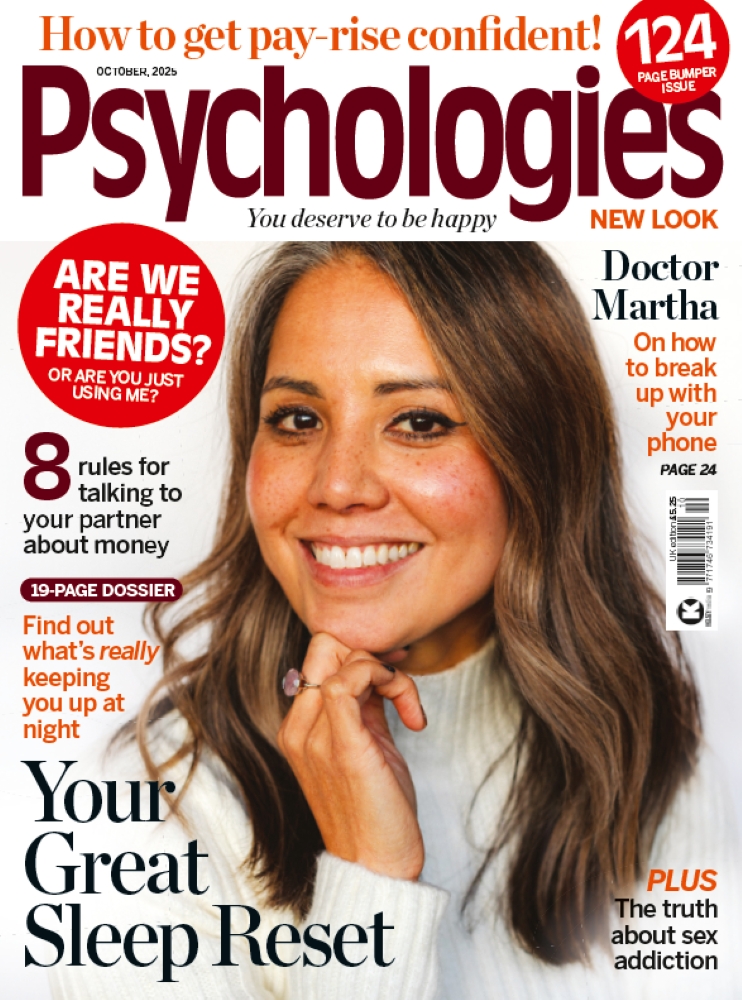How to act on impulse
Only one in four people is naturally spontaneous. Here’s how to join them, says Sarah Neish

Choose the right impulse
‘Following happy impulses may occasionally get us into trouble, but angry or fearful impulses nearly always cause us to lash out, damaging relationships,’ says Nick Tasler, author of The Impulse Factor. Hold back if you’re feeling frustrated or miserable, as this is when you’re most likely to impulsively shop, eat or say something hurtful.
Focus on rewards
‘Most people let their protective instincts overrule their adventurous side,’ says Tasler. ‘We spend three times longer considering risks than we do rewards, and often forget that rewards exist at all.’ Readdress the balance by focusing on positive outcomes instead. You’re more likely to grab opportunities if you act quickly. Having too much time to think is the biggest barrier to impulsiveness.
Keep it personal
Speak to real people when making arrangements. ‘If you’re booking a spontaneous getaway, you’re less likely to back out if you deal with a travel agent rather than an automated website,’ says Tasler. They may also be able to suggest other options that hadn’t occurred to you before. If you think of a friend out of the blue, don’t text or email, call them right away instead to achieve a genuine connection.
Let go of control
‘Few decisions work out exactly how we planned,’ says Tasler. ‘You may think that if you do enough thinking and planning, you can control what happens, but every choice is a leap into the unknown.’ Ignore any preconceptions, and accept the next invitation you receive, whatever it is.









